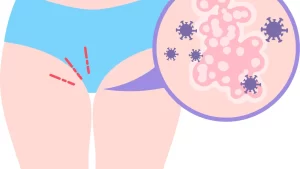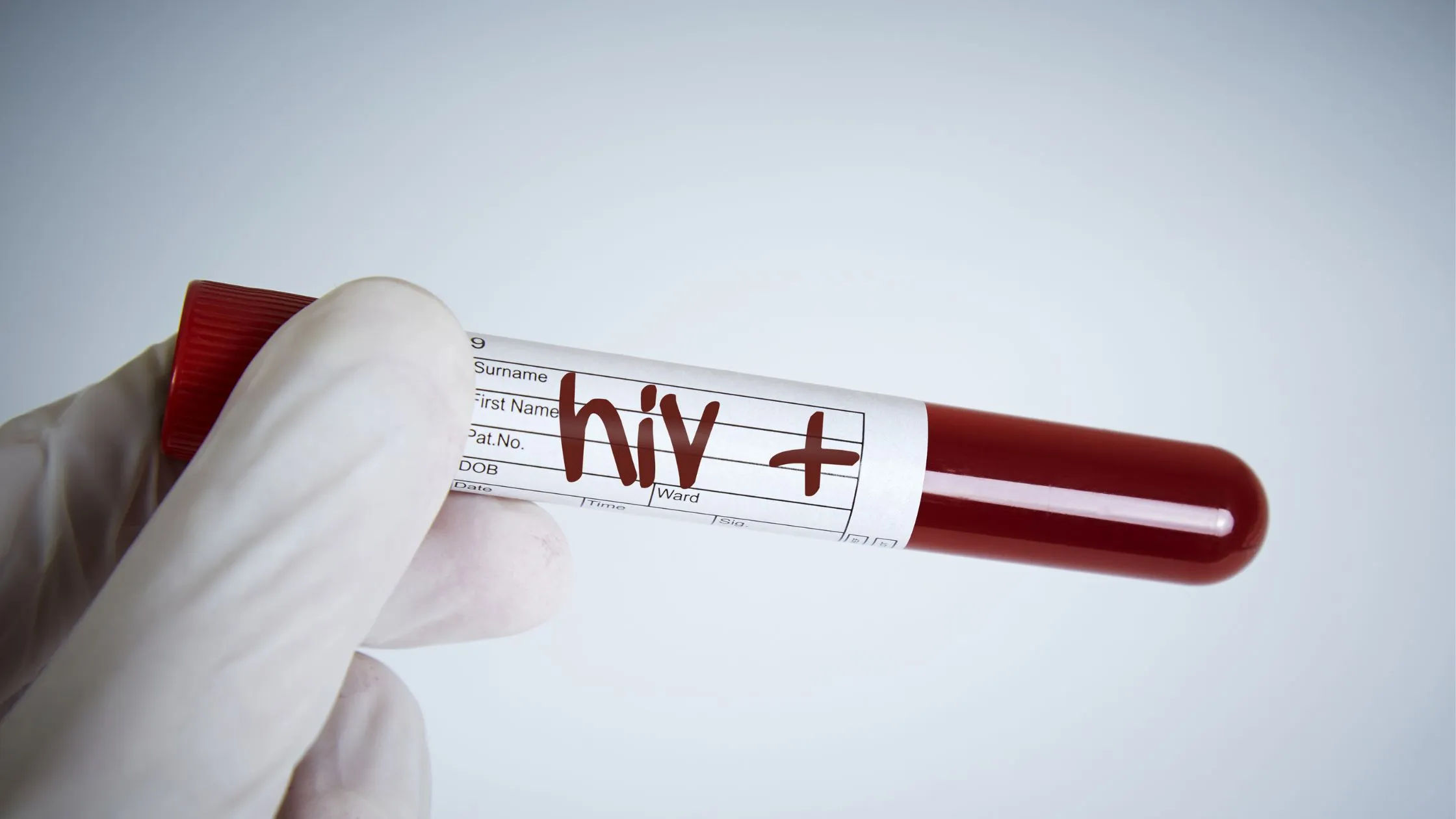The number of sexually transmitted diseases that are incurable has increased in recent times. As we all know sexually transmitted diseases (STDs) are infections that are mainly communicated through sexual contact, according to Healthline. While many STDs are curable with the right medical care, some of them cannot be. Some STDs have the potential to have serious long-term health consequences, including the possibility of death. The four sexually transmitted diseases that are incurable and the procedures that can be taken to prevent them are covered in this article.

STDS
HIV (Human Immunodeficiency Virus) (HIV)– The common sexually transmitted diseases that are incurable
HIV is a virus that weakens the immune system, making the victim more susceptible to other illnesses and infections. This is mainly transmitted through sex, however it can also be passed from mother to child during childbirth or breastfeeding, or through sharing needles. When contacted it shows a lot of signs. Although there is presently no cure for HIV, there are powerful medications that can manage the virus and stop it from developing into AIDS.
The greatest strategy to avoid contracting HIV is to engage in safe sex, which involves using condoms and having fewer sex partners. Moreover, drug users should never share needles, and pregnant women should get tested for HIV and treated as necessary if positive.
Virus Herpes Simplex (HSV)
A viral infection called herpes leads to uncomfortable blisters on the mouth or genitalia. Highly contagious, the herpes simplex virus (HSV) can be spread through sex or by sharing objects like towels or razors with an infected individual. Antiviral drugs can help manage the symptoms and lessen the frequency and intensity of outbreaks even though there is no known cure for herpes.
Safe sex practices, avoiding sex during outbreaks, and avoiding sharing things with an infected person are all key herpes prevention measures. Also, it’s critical to be open and truthful with sex partners about your herpes status.
Papillomavirus in humans (HPV)
Common virus HPV increases the chance of throat, cervical, and anal cancers as well as genital warts. Skin-to-skin contact can also result in the transmission of HPV, which is typically disseminated through sexual contact. Although there is no treatment for HPV, there is a vaccine that can protect against the virus’ most widespread forms.
It’s crucial to get vaccinated against HPV and engage in safe sexual behavior. Both men and women are advised to get the HPV vaccine, which works best when administered prior to engaging in sex.
It’s critical to use safe s£x techniques and never share needles to prevent the spread of hepatitis B. Moreover, the hepatitis B vaccine is advised for all newborns, kids, and adults who are at higher risk of contracting the disease.
Viral Hepatitis C (HCV)
A viral sexually transmitted diseases known as hepatitis C damages the liver. HCV is mainly shared through sharing needles, but it can also be passed from mother to child during childbirth or through sex. Antiviral drugs can help manage the virus and lower the risk of liver damage and cancer even though there is no known cure for hepatitis C.
Never share needles and engage in safe sex to avoid contracting hepatitis C. Hepatitis C testing should be done on anyone who have ever taken drugs or who have had blood transfusions prior to 1992.



1 Comment
Good post. I learn something totally new and challenging on blogs I stumbleupon on a daily basis. Its always useful to read content from other authors and practice something from their websites.